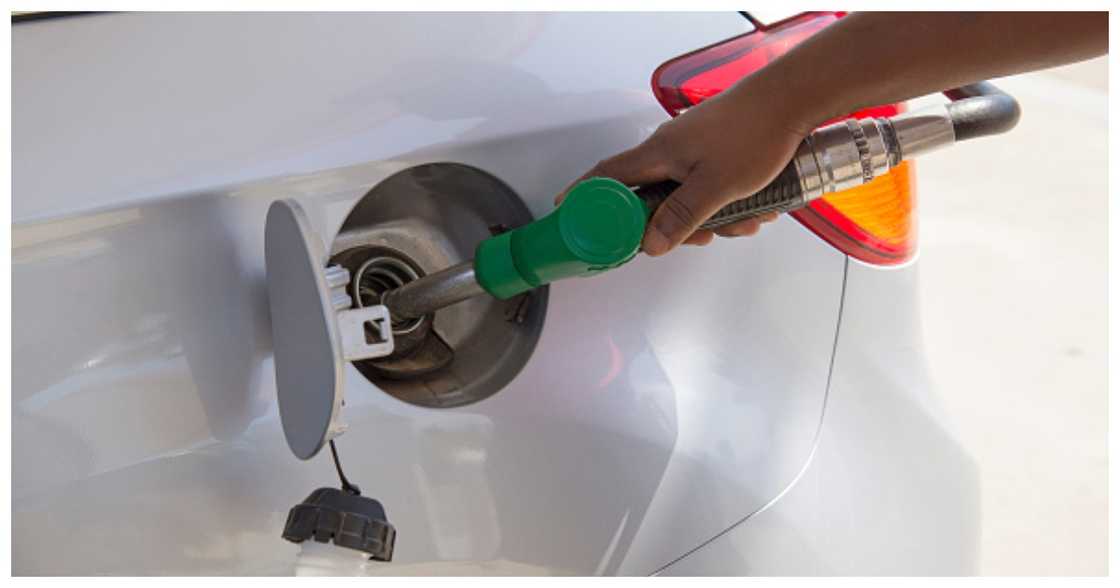Fuel Importers Hint Of Fuel Price Reduction Soon As Meetings With Bank Of Ghana Yield Positive Results
- Fuel prices are likely to reduce in the coming days as the Bank of Ghana and bulk importers of the commodity hold talks
- The talks have so far resulted in the pumping of some forex into the petroleum sector, a move that is expected to hold the cedi depreciation
- There is also a resolve by the government to scrap some taxes on fuel as taxes and cedi depreciation contributes to fuel price increases
PAY ATTENTION: Click “See First” under the “Following” tab to see YEN.com.gh News on your News Feed!
The price of petrol, diesel and other fuels are likely to go down this week as the Bank of Ghana and bulk fuel importers hold several talks on strategies to drive down the prices.
The Chamber of Bulk Oil Distributors (CBOD), a representative of bulk petroleum importers and exporters, has disclosed that the central bank is pumping enough forex into the petroleum sector to fight the cedi depreciation that contributes to fuel price hikes.

Source: Getty Images
CEO of the CBOD, Senyo Hosi, said the ongoing talks with the central bank on how to reduce fuel prices have resulted in the release of $160 million to the entire energy sector.
“Hopefully, on Wednesday [March 23], we should be having further engagements to develop a structure geared around the forex market to ensure that some of these interventions can cascade into lower pump prices as we currently see on the markets.
Enjoy reading our stories? Join YEN.com.gh's Telegram channel for more!
“We’re still jaw-jawing and we hope that we would come to some consensus on how we get things done. Our market now needs about $300 million every month to cover our monthly import bill,” Senyo Hosi told Joy News.
He revealed that the ongoing discussions are aimed at formulating an airtight and sustainable strategy on how to beat the effects of the cedi depreciation on the deregulated pricing of petroleum products.
Analysts say apart from the record increases in the price of crude on the global market due to the Russian-Ukraine war, Ghana’s depreciating cedi and the many taxes on fuel is the cause of a sharp increase in the price of fuel in Ghana.
The price of petrol and diesel currently is averaging around GH¢10 per litre, up a significant GH¢2 jump in price at the last pricing window two weeks prior.
There is also a firm resolve by government to scrap some of the taxes on petroleum products that experts have described differently as a “nuisance,” many reports have said.
Currently, Ghanaians pay almost 80 pesewas (approximately GH¢1) as tax on a litre of fuel.
Bank Of Ghana Policy Rate Raised By 2.5% To 17% In First Increase Since 2018
The Bank of Ghana has raised the rate at which it lends to commercial banks by 2.5%, from 14.5% to 17%.
This means commercial banks will also increase the rate they lend to their customers in the coming days.
Bank of Ghana’s Monetary Policy Committee (MPC) announced the decision today, Monday, March 21, at a meeting with journalists and key stakeholders.
Our manifesto: This is what YEN.com.gh believes in
Source: YEN.com.gh



